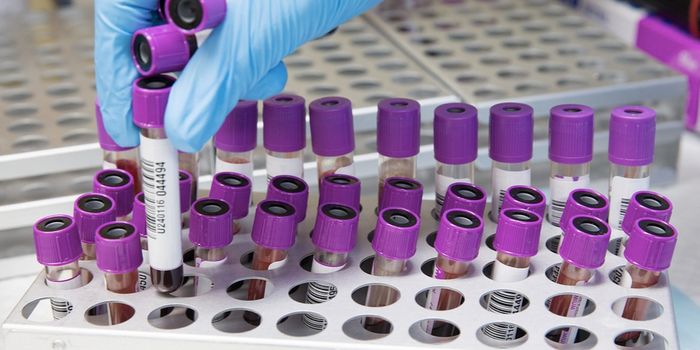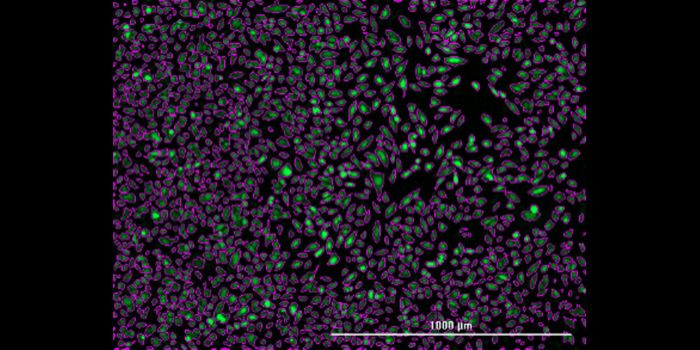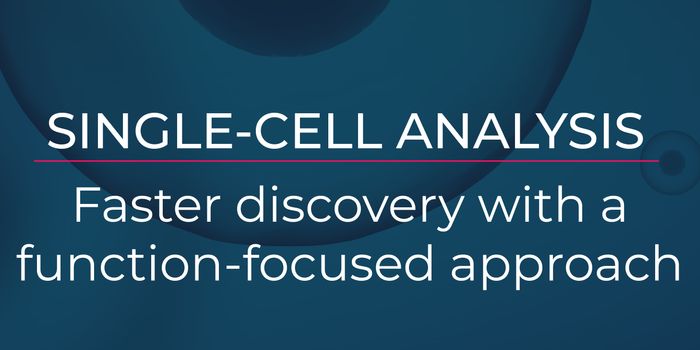Treatment-Related Side Effects Predict Positive Outcomes for Prostate Cancer Patients
Radiotherapy, a standard of care treatment for localized prostate cancer includes, has shown remarkable success. This procedure, involving the application of external high-energy radiation to kill cancer cells and shrink tumors, boasts impressive 10-year prostate cancer-specific survival rates above 90%. For low-risk prostate cancer patients, the success rate is even higher, at 98%.
With such positive outcomes for prostate cancer patients receiving radiotherapy, we may forget to consider the adverse side effects that can accompany treatment. However, as with most treatments, radiotherapy can have side effects that impair patients’ quality of life.
Side effects of any medication or therapy can significantly impact patients’ decisions about medical care. Specifically, toxicity following radiotherapy occurs as a result of killing cancer cells as well as due to the body’s immune response to radiation which can produce inflammation. Adverse effects occurring within three months of radiotherapy, known as acute toxicity, result from the rapid death of cellular tissue and these effects rarely include any long-term damage. On the other hand, late toxicity, which persists longer after treatment, results from fibrosis or chronic inflammation and poses a serious risk to quality of life.
A recent study published in The Lancet Oncology suggests that the onset of acute toxicity could provide clues about which patients are at high risk for late toxicity.
The researchers identified randomized phase 3 trials involving radiotherapy for prostate cancer that published individual patient data describing acute and late toxicity. The study considered all reported genitourinary and gastrointestinal toxicities grade 2 or higher.
The study included six clinical trials with a total of 6.593 patients with a median follow-up time of 72 months. The analysis revealed an association between acute genitourinary toxicity and late genitourinary toxicity. Similarly, patients experiencing acute gastrointestinal toxicity were more likely to experience late gastrointestinal toxicity. Patients experiencing acute toxicity at either site were also more likely to report a decline in quality of life.
The study’s findings are of significant importance for oncologists. The discovery of a link between acute and late toxicity, as well as the associated decline in quality of life, underscores the importance of developing new strategies to reduce acute toxicities. This new understanding and ability to predict late toxicities could have a notable impact on patient care.
Sources: JAMA, Cancer, Nat Rev Dis Primers, Prostate Cancer, Lancet Oncol









